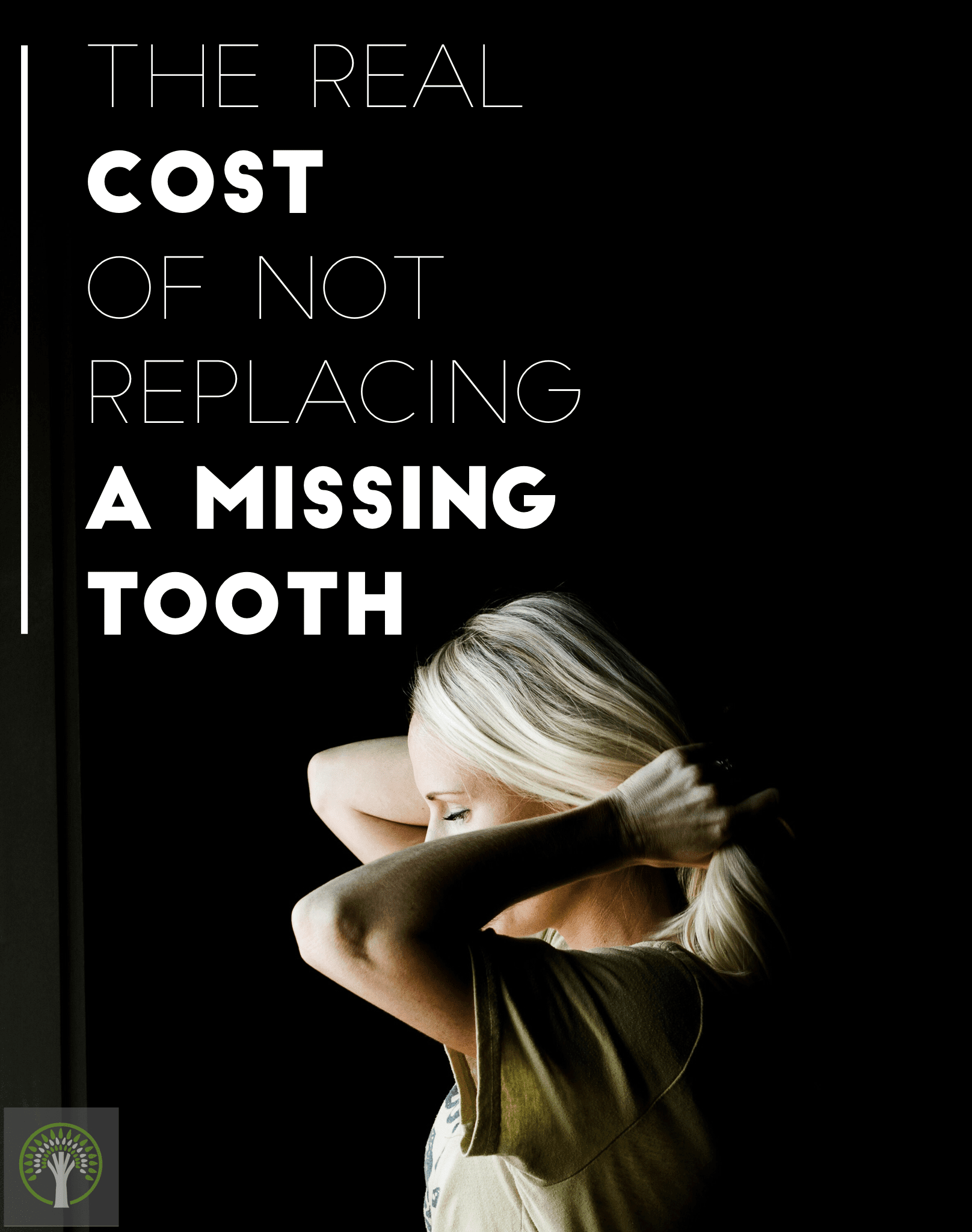When was the last time you visited the dentist for a regular dental health check and hygiene appointment? You’re probably busy worrying about your family, work, finances, and array of other concerns and stresses. You might consider a trip to the dentist as more of a luxury, or something you’ll get to when your life (and your finances) settle down a bit. Does this sound familiar?
Unfortunately, good dental health isn’t a luxury, it’s a necessity. A recent UK survey found that 54% of adults over the age of 16 had moderate signs of periodontal (gum) disease, the leading cause of tooth loss. The only available treatment (which believe it or not, reduces the need for more costly procedures later down the line) is regular trips to your dentist/hygienist. Like most people, you may know these things, but you still hesitate to pick up the phone to book an appointment. Why? You expect those dental visits to be costlier than you can afford.
At Eccleshill Dental, your dental health could be more affordable than you think. We’ve compiled a list of important things to consider:
How much do you value your smile?
When it comes to your health and appearance, the value you place upon them is a very personal decision. Most of us take these things for granted, and what we don’t stop to consider is how we will feel in the longer-term, when our health and appearance start to deteriorate. It is quite often at this late stage (where procedures are much more expensive), that people choose to take action.
Also Read: How To Find The Right Dental Practice For You
What is the cost?
Consider that the average British household spends 6.5% of their annual income on coffee, 3.7% on clothes, and 1.4% on alcohol. The cost of your routine dental care (based on two dental health checks and two hygiene appointments per year) is only 0.6% of an average household budget. That’s less than 1%!
Find out if you have insurance
Surprising as it might seem, there are many of us that don’t realise we have access to dental insurance, perhaps through an employer or through a policy we have taken out in the past. If you have dental insurance that is not being used, then you will be missing out on an array of benefits. Many insurance companies allow you to claim back 50-100% of the cost of your dental bill (dependent on the treatment type). Many insurance policies cover routine dental care and treatment, which allow you to plan for your future dental needs. Policies which offer emergency and worldwide cover allow you to plan for any unexpected dental accidents at home or abroad. If you don’t yet have dental insurance, take some time to shop around online. There are many different insurance schemes available, each with different benefits.
No insurance? We’ve got you covered!
At Eccleshill Dental, we offer a variety of different payment methods to suit your needs, from 0% finance, to tailored payment plans. Many of our patients opt to join one of our affordable membership plans, which for a small monthly fee, offer a range of fantastic benefits.
We believe that everyone should be able to afford excellent dental care, which is why we pride ourselves on delivering fantastic services at affordable prices. If you would like any further information on our practice, services, fees, or payment methods, why not give us a call on 01274 633406.






